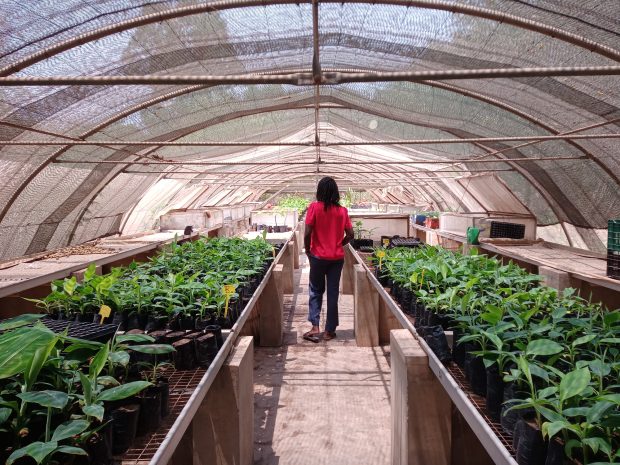CT BETA PhD student was awarded with a Research Fellowship in Africa
Enric Garcia Muchart from Environmental Technologies at BETA technology Centre was awarded The One Planet fellowship, a $20 million initiative dedicated to supporting research on climate change adaptation.

The fellowship allowed him to work in different experiments related to a novel value chain perspective, using agri-food wastes to produce biostimulants that help mitigate climate change’s negative effects on agriculture. The fellowship consisted of a training and networking week in Nairobi (Kenya) and another five weeks at the Laboratoire Commun de Microbiologie (LCM) in ISRA/IRD from UCAD in Dakar (Senegal).
The One Planet Fellowship aims to create a dynamic, interconnected, and intergenerational network of African and European scientific leaders. These leaders will be equipped to lead next-generation research focused on enhancing agricultural and food systems and supporting smallholder farmers in adapting to climate change in Africa, a region that is most affected. The fellowship is jointly implemented by AWARD and Agropolis Foundation and funded by the Bill & Melinda Gates Foundation, BNP Paribas Foundation, the European Union, and Canada’s IDRC.
Enric’s research and applicability
His project is about valorizing food waste to produce biostimulants for application in the field. Biostimulants are products that enhance plant production in different ways. They can be microorganisms that improve nitrogen fixation, or polysaccharides that enhance water and nutrient retention in the soil to facilitate plant growth. He then applied these biostimulants in greenhouse bioassays, improving water retention capacity and enhancing the tolerance of certain crops to water and saline stress. That aligns with scenarios of drought and high temperatures, or increasingly salinized soils. Applying these biostimulants helps plants grow under more extreme conditions, and that might have a lot of applicability in a region such as Africa.
Enric had to replicate the methodology he developed during his PhD studies with other types of agro-food wastes than what he used in his studies, see which characteristics they had and identify which potential biostimulants could be produced. “I have been able to learn how to adapt my thesis in a different environment with many cultural and resource differences”, Enric Garcia states.
